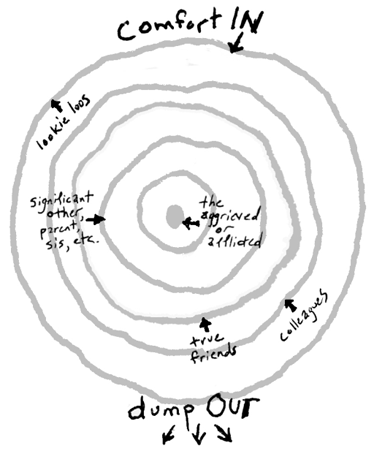The emergence of altruism in society -- it's all about the beer!
Gregory Alan Bolcer stashed this in Big Data
Stashed in: Networking, #kindness, Relationships, Compassion, Favors!, Beer!, The World, Philanthropy!, Party!, Psychology, Medium, How To Be A Super Connector, Anthropology
Now the same group has analysed the social network that exists within this society to study one of the great puzzles of evolutionary theory—the emergence of altruism. Why do people sometimes help others at their own expense?
Great lede. I had to click through! Loved this:
The team then looked for correlations between the rate of hosting and other data such as the distance that people had to travel to the events and to kinship, whether the hosts and guests were closely related
The results show a good deal of reciprocity in Tsimane society. For example, distance and kinship are good indicators of how often one family hosts another. In other words, the Tsimane are more likely to host close neighbours and close family than other people.
That’s just as the researchers expected. There is a clear evolutionary benefit in helping family members and in maintaining good relations with close neighbours.
But the results also throw up a puzzle: the Tsimane also host unrelated families and people from much further away than expected, at a rate that is difficult to explain. And these unexpected beer hosting favours are often, but not always, returned much more quickly than with close family or neighbours, usually within three days or so.
Kaplan and co speculate that these events are triggered by other kinds of favours that they were unable to record in their survey—things like help in the fields, help with food preparation, mate searches or help with political matters.
These are all key aspects of complex societies that must be carefully managed to gain the greatest the benefit.
I wonder if the lesson learned is to keep your friends drunk, but keep your family drunker.











3:12 PM Nov 26 2013